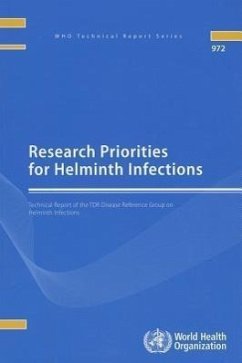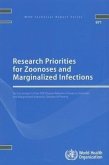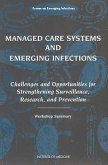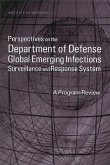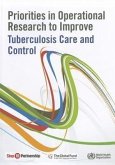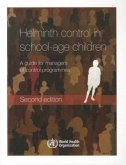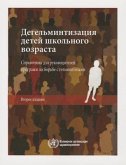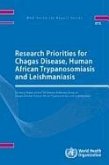Over a billion people in sub-Saharan Africa, Asia and the Americas are infected with one or more helminth species, causing morbidity that helps maintain the vicious cycle of poverty, decreased productivity, and inadequate socioeconomic development. This report presents an evaluation of current research and challenges in controlling the helminthiases of public health importance, including onchocerciasis, lymphatic filariasis, soil-transmitted helminthiases, schistosomiasis, food-borne trematodiases and taeniasis/cysticercosis. The evaluation covers five major themes--intervention, epidemiology and surveillance, environmental and social ecology, data and modelling, and fundamental biology. Despite the recent demonstrated successes and expansion of tools for the helminthiases outlined here, and the development of some research capacity, the evaluation found major deficiencies in our current control tools, in diagnostics, and in our fundamental knowledge of helminth biology and transmission dynamics, as well as in capacity and policy for health research. Thus the current research issues are summarized here, and opportunities for improving disease control and reducing poverty are identified. Recommendations are presented to inform public health policy, guide implementation programs, and focus the research community on the needs of disease control and the opportunities for bettering human welfare. This is one of ten disease and thematic reference group reports that have come out of the TDR Think Tank, all of which have contributed to the development of the Global Report for Research on Infectious Diseases of Poverty.
